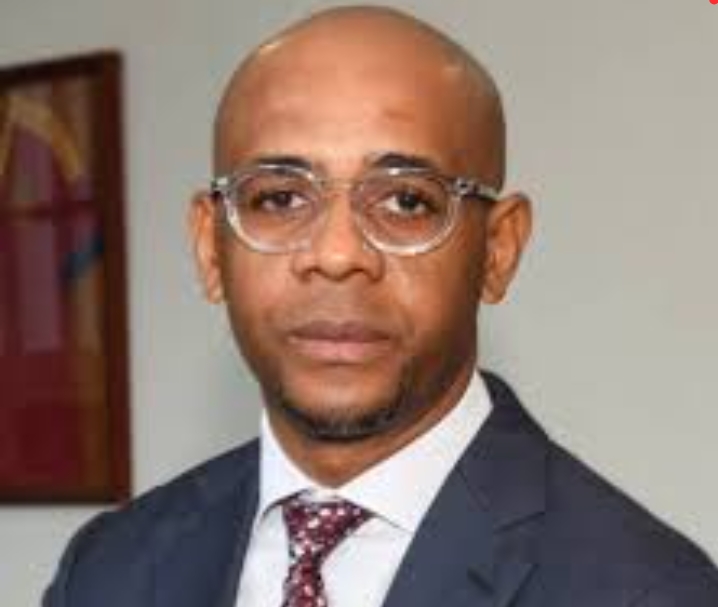Equatorial Guinea official: The Bello Sex Scandal

A major scandal has rocked the Republic of Equatorial Guinea as the Director General of its National Financial Investigation Agency, Baltasar Engonga, has been arrested for allegedly recording hundreds of compromising sex tapes involving married women of notable persons in the country.
Dubbed “The Bello Sex Scandal”, the incident came to light when authorities searched Engonga’s home and office in connection with a fraud investigation, uncovering several CDs containing explicit footage of the government official engaging in intimate encounters with numerous married women, including his brother’s wife, his cousin, and the sister of the country’s president, among others.
According to reports, the scandal, which has become a topic of discussion in Equatorial Guinea, has rocked the country’s political landscape, with the government forced to address the widespread circulation of the sex tapes on social media.
While no criminal charges have been brought against Engonga for consensual sexual relations, the government has taken steps to suspend officials who have engaged in sexual conduct in government offices, citing concerns about maintaining a respectful work environment and the possibility of spreading disease through unprotected sexual encounters.
The fallout from the Bello Sex Scandal is likely to continue to reverberate throughout Equatorial Guinea, as the government grapples with the implications of the scandal and the wider cultural conversation about sexual conduct and consent.
Equatorial Guinea’s attorney general, Nzang Nguema, has called on victims of sexual abuse or assault to come forward, highlighting the need for a safe and supportive environment for survivors. However, the country’s history of political repression and limited freedom of speech may deter some from speaking out.
The Bello Sex Scandal has also brought to light questions about the broader culture of sexual politics in Equatorial Guinea, as well as the power dynamics at play in a society where powerful men can allegedly engage in sexual relationships with little fear of consequences.
As the scandal continues to make headlines in Equatorial Guinea and beyond, it remains to be seen whether the country’s leaders will take further steps to address the underlying issues that allowed the scandal to occur in the first place, or whether the scandal will simply be swept under the rug.
Engonga’s alleged behavior underscores the gender inequality that persists in many parts of the world, with powerful men exploiting their positions of influence to satisfy their sexual desires without regard for the impact on the women involved.
Beyond the potential criminal consequences, the scandal could have lasting implications for Engonga’s political career and public reputation, as well as for the women involved, who may face social ostracism or other forms of retribution.
The Bello Sex Scandal also raises broader questions about accountability, transparency, and the use of technology for sexual exploitation in the digital age.






